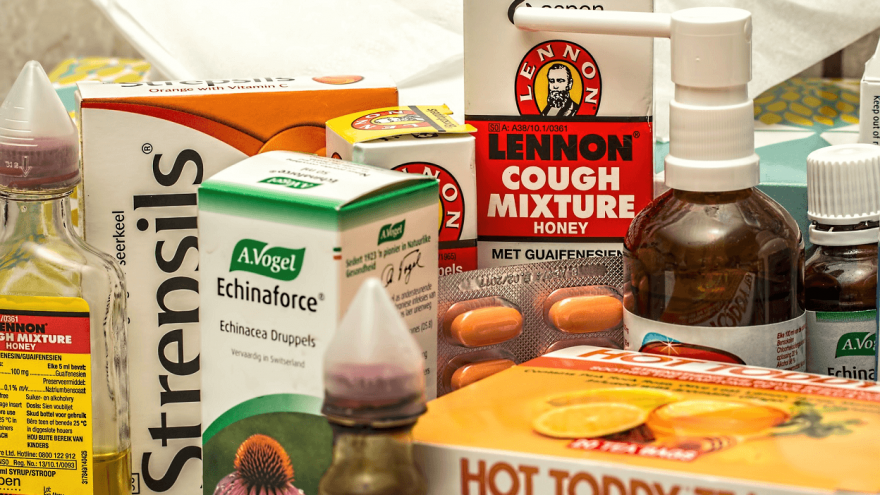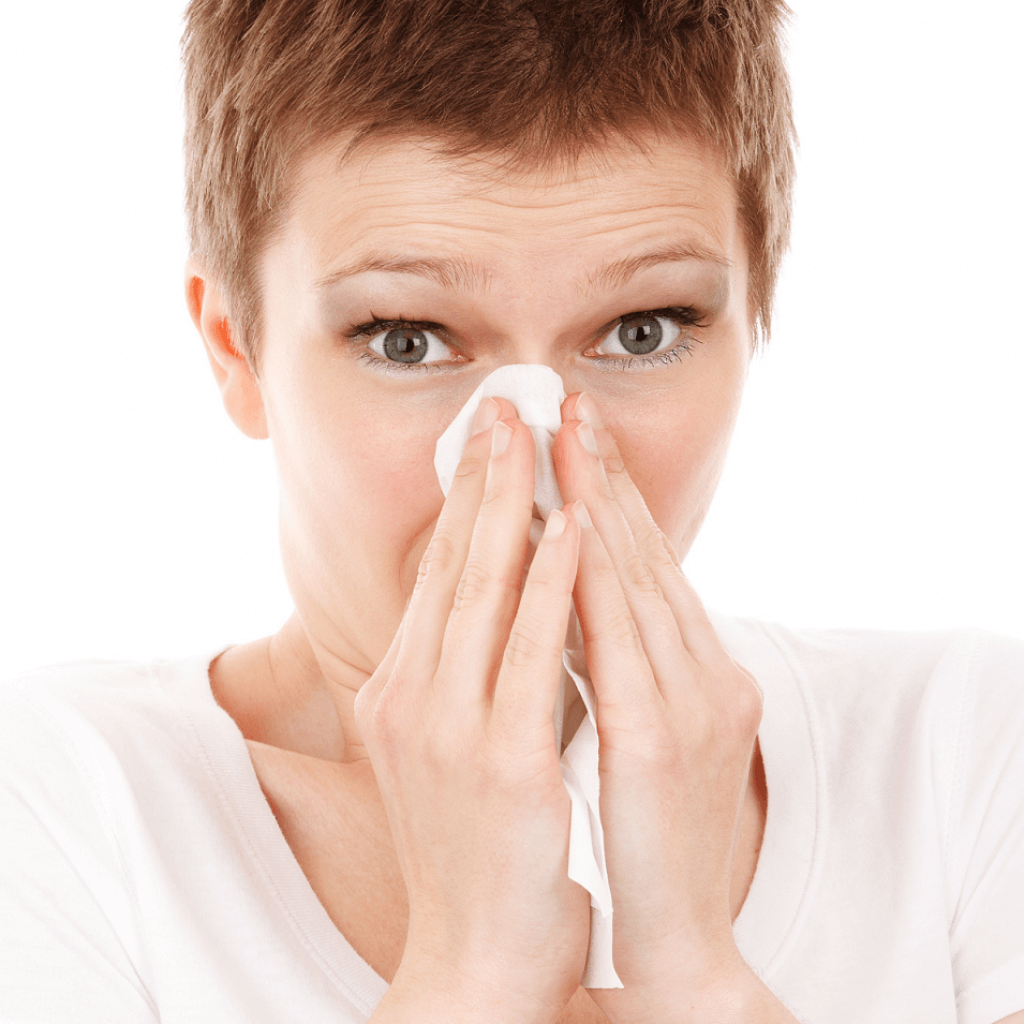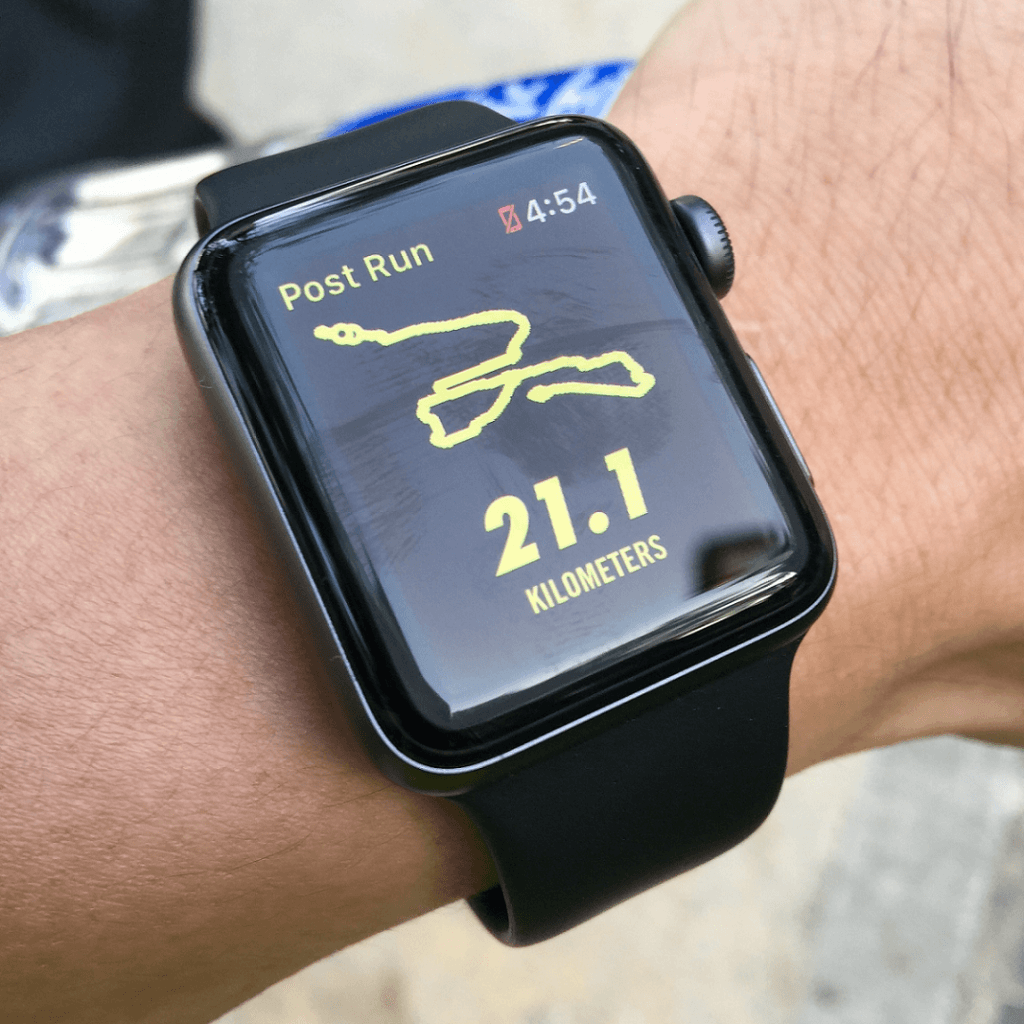Sick on Race Day: Can You Still Race?

On Sunday morning, 10 April 2011, I woke up in my tiny little hotel room situated not too far from the Eiffel Tower. My running gear lay ready and waiting, race bib neatly pinned to my shirt in a mixture of anxiety and excitement the night before. This was it. I was about to run my first marathon.

Three days before, I traveled nearly 8 400 miles from the southern tip of Africa to be there. And up until that morning, everything went right according to plan. My training went well, my travels went smoothly and race registration was a cinch. All was on track to tick a major item off my bucket list: Running the Paris Marathon.
But just as I thought I was home free, disaster struck on race-day morning. It was a running traveler’s worst nightmare. Because instead of waking up to a healthy dose of pre-race jitters, I woke up to a sore throat instead. Those long hours spent trapped inside a stuffy aeroplane cabin with sneezing and coughing fellow-travelers had caught up with me. Yep, I was sick on race-day morning.

Check Your Symptoms
So what was I to do? Stay in bed and forget about the 16 weeks of heard-earned training and thousands of dollars it took to get me there? Or get up, get dressed and run a marathon with a less-than-healthy body and hope for the best? What would you have done? Or, perhaps more importantly, what do the experts recommend we do in a situation like this?
According to convention, the location of illness symptoms above or below the neck gives a good indication of whether or not it’s wise to run. So if your symptoms are all above the neck, for example a stuffy nose or a head cold, it should be fine to run. If, however, some of your symptoms are located below the neck, like for instance achy muscles, a fever, or chest congestion, it’s better to sit out.

But why? What happens to the body if we run with a fever? In overly simplified terms, the following:
- Running with a fever may increase your internal temperature even further. Not only can this worsen your fever symptoms, but it can also put you at risk of dangerous and long-term health implications.
- While moderate exercise has been shown to boost immunity through increasing the levels of T cells in the body, strenuous exercise may have exactly the opposite effect. Demanding sessions lasting 90 minutes or longer may therefore make you more susceptible to the bacteria or virus that is already making you sick. Which means that your illness may take a turn for the worse.
- Exercise will utilize much of the nutrients, energy and resources that your body could have used to fight your illness, thereby delaying your recovery period.
Let Your Race Distance Also Be Your Guide
NCAA runner turned running coach, Hillary Kigar, feels that race distance is another important factor to consider when deciding to race or not. Says Kigar: “For shorter races (5K and 10K), if you’re feeling on the mend, go for it—understanding of course, that you may not have the race you want”. For races measuring 21.1 kays or longer, however, Kigar feels that it might be best to sit out.

Note that Kigar stresses the fact that you should be well on your way to recovery or feeling a lot better before considering to race with a body that is not 100% healthy. A sentiment which is echoed by fellow running coach, Jay Johnson. According to Johnson, she always advises her clients to only consider running once they’re (honestly) feeling 85 to 90% better.
Do You (Honestly) Feel like Racing?
In addition to all of these guidelines, running coach Gordon Bakoulis has noted over the years that runners who feel no desire to toe a starting line, are most probably too sick to race. So if you wake up on race day feeling sick and have zero desire to race, it will probably serve you best to stay in bed and cut your losses.
Always Err on the Side of Caution
So what did I do on that dreadful morning in Paris? Did I run? Or did I err on the side of caution and sit out? For this once I decided to run. After a thorough and honest self-check, I could truthfully say that I had no symptoms below the neck, didn’t have a fever and felt ready and eager to give it a go. Plus I vowed to myself to keep things slow and easy.
And while I wish I didn’t have to make the call, it ended up being a good one on the day. I finished the race in just over five hours, proud as can be and thankful that I didn’t have to pull the plug. Plus I was lucky to get away with only an annoying head cold in the days following the race.
But I know very well that next time I might not be so lucky. And I’m determined to, for the sake of the bigger picture, DNS when the situation calls for it. Because, in my books, the prospect of a long and healthy running career trumps toeing the starting line of any one, single race. Every, single time.
Sources
- , Racing: To race or not to race, Online publication
- , Should you sit out a race if you're sick?, Online publication
- , Are you putting your body in danger by running while sick?, Online publication
- , Should you run with a cold?, Online publication
- , Exercising when sick: A good move?, Online publication
Latest Articles
 Is Running on a Treadmill Easier Than Running Outside?Runners have their own preferences, whether it is treadmill running, running outside on the road, or exploring trails. So...
Is Running on a Treadmill Easier Than Running Outside?Runners have their own preferences, whether it is treadmill running, running outside on the road, or exploring trails. So... Is It OK to Use Trail Running Shoes on the Road?While trail running shoes can be used on roads, especially in situations where a runner encounters mixed terrains or pref...
Is It OK to Use Trail Running Shoes on the Road?While trail running shoes can be used on roads, especially in situations where a runner encounters mixed terrains or pref... How to Fix Sore Quads After Running?Rest, ice, gentle stretching, and over-the-counter pain relievers can help soothe sore quads after running. Also, ensure ...
How to Fix Sore Quads After Running?Rest, ice, gentle stretching, and over-the-counter pain relievers can help soothe sore quads after running. Also, ensure ... 10 Fruits With The Most Electrolytes to Replace Sports DrinksThese fruits are high in electrolytes such as potassium, magnesium, and calcium, essential for hydration, muscle function...
10 Fruits With The Most Electrolytes to Replace Sports DrinksThese fruits are high in electrolytes such as potassium, magnesium, and calcium, essential for hydration, muscle function...

